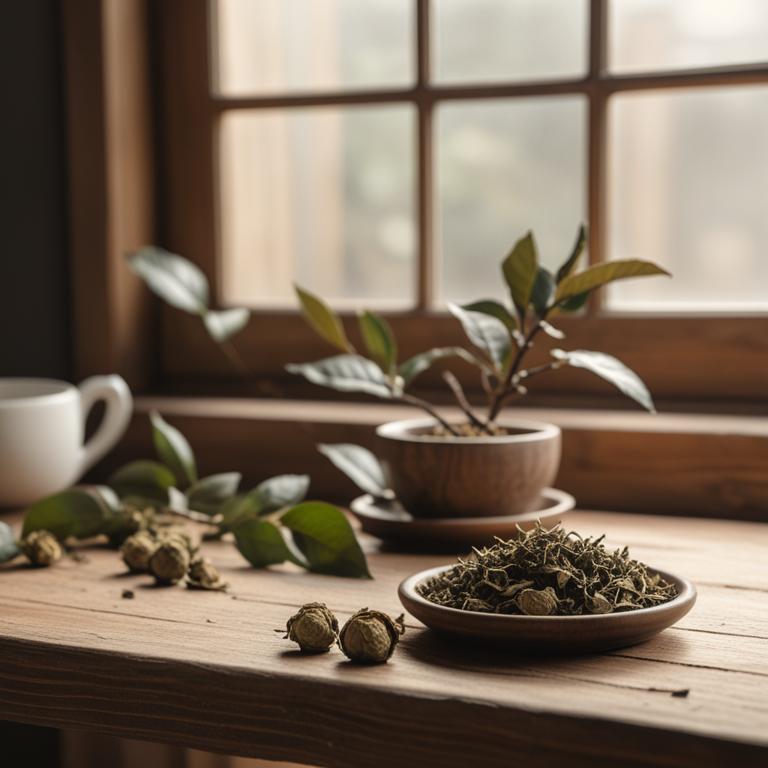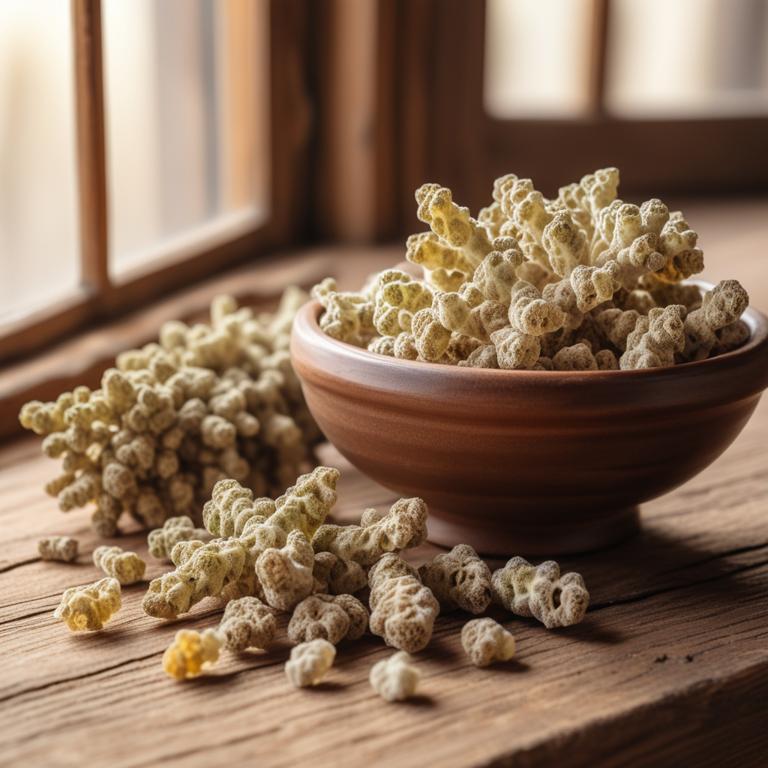Updated: Dec 1, 2024
Foot Pain: Causes, Herbal Treatment Options, and Natural Preparations
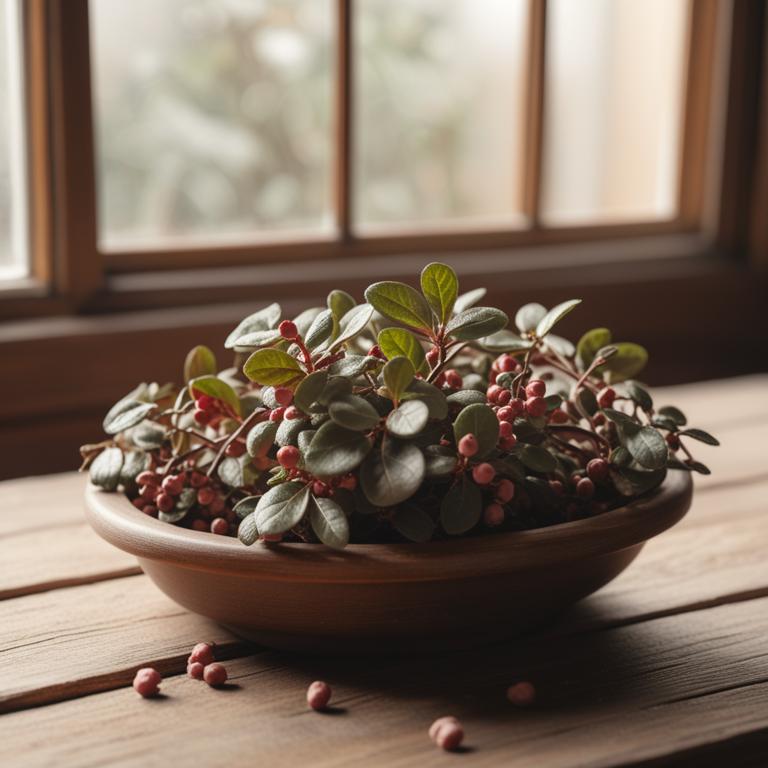
Foot pain can be a real nuisance, making it hard to walk, stand, or even sleep.
It's not just a minor discomfort, but a constant ache that can affect your mood and daily activities. So, what causes foot pain?. It can be due to wearing shoes that don't fit right, standing for long periods, or even medical conditions like arthritis or diabetes. For centuries, people have turned to herbal remedies to alleviate foot pain.
Herbs like ginger, turmeric, and cayenne pepper have anti-inflammatory properties that can help reduce swelling and ease pain. Willow bark, which contains salicin, a compound similar to aspirin, has also been used to relieve pain and reduce inflammation. To use these herbs, you can try making a warm foot soak by steeping fresh ginger and turmeric in hot water. You can also drink teas made from willow bark or cayenne pepper to help ease pain and reduce inflammation. Another option is to apply a topical cream or ointment made from these herbs directly to the affected area.
These herbal remedies can be a natural and effective way to manage foot pain and get back to your daily activities with ease.
Table of Contents
- What are the underlying reasons for experiencing foot pain?
- What advantages can be gained from using herbs to soothe foot pain?
- What are the main medicinal herbs prescribed for foot pain?
- What are the most commonly used herbal treatments for foot pain?
- What herbs should you avoid if you suffer from foot pain?
- FAQ
What are the underlying reasons for experiencing foot pain?
The main causes of foot pain are a mix of genetic and lifestyle factors that affect the shape and function of the foot.
Bunions, for example, are bony growths that develop on the joint of the big toe, usually due to wearing shoes that are too tight or don't fit properly. This forces the toe to rub against the shoe, causing friction and pressure that eventually leads to the growth of the bony lump. Plantar fasciitis, commonly referred to as Plantar F, is inflammation of the band of tissue that runs along the bottom of the foot. This can be caused by overuse or repetitive strain, such as from running or jumping, which puts pressure on the tissue and causes it to become inflamed.
Additionally, people who are overweight or have flat feet are more prone to Plantar F. Achilles tendon issues are usually caused by repetitive strain or overstretching of the tendon, which connects the calf muscles to the heel bone. This can be due to activities that involve running, jumping, or other sports that involve quick changes of direction. People with tight calf muscles or poor footwear are also more likely to experience Achilles tendon problems. Flat feet, or fallen arches, occur when the arch of the foot is flattened, causing the foot to roll inward. This can be due to genetics, obesity, or overuse of the foot muscles, which can cause the arch to collapse.
People who have flat feet are more prone to other foot problems, such as Plantar F and Achilles tendon issues.
What advantages can be gained from using herbs to soothe foot pain?
Using herbs for foot pain can be really helpful.
These plants are known to reduce inflammation and ease pain in the feet. One of the main benefits is that they can help to relax tense muscles, which can become sore from walking or standing for long periods. This can lead to a reduction in pain and discomfort.
Herbs can also improve blood circulation, which helps to heal damaged tissues and reduce swelling. As a result, foot pain can be relieved, and mobility can be improved. Additionally, some herbs have antiseptic properties, which can help to prevent infections and promote healing in cuts or wounds.
This can be especially useful for people who have foot injuries or conditions like athlete's foot.
What are the main medicinal herbs prescribed for foot pain?
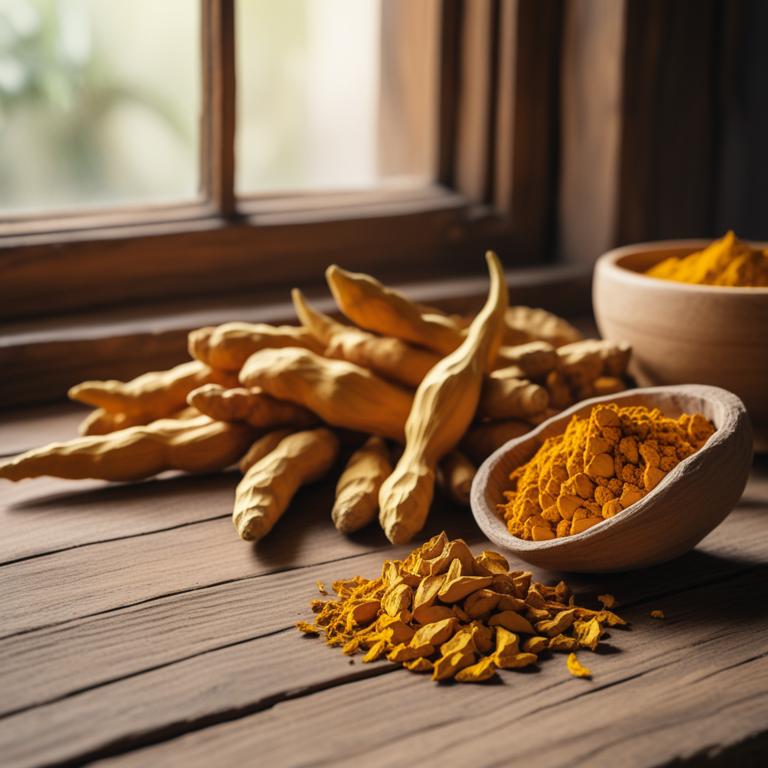
Herbs can be a great natural remedy for foot pain.
One herb, Curcuma longa, or turmeric, has a compound called curcumin that reduces inflammation and eases pain. When applied to the skin, it can help soothe sore muscles and joints. Another herb, Zingiber officinale, or ginger, has anti-inflammatory properties that can help relieve pain and swelling in the feet. It's also known to warm up the muscles, making it a great remedy for cold feet.
Artemisia absinthium, or wormwood, has been used for centuries to treat pain and inflammation. Its antiseptic properties can help prevent infections in the feet, which can be a common cause of pain. Achillea millefolium, or yarrow, has anti-inflammatory and antiseptic properties that can help reduce swelling and prevent infection in the feet. It's also known to ease the pain of arthritis and other joint-related conditions. Cymbopogon citratus, or lemongrass, has anti-inflammatory properties that can help ease pain and reduce swelling in the feet.
Its citrus scent can also help lift the mood and reduce stress, which can contribute to foot pain.
What are the most commonly used herbal treatments for foot pain?
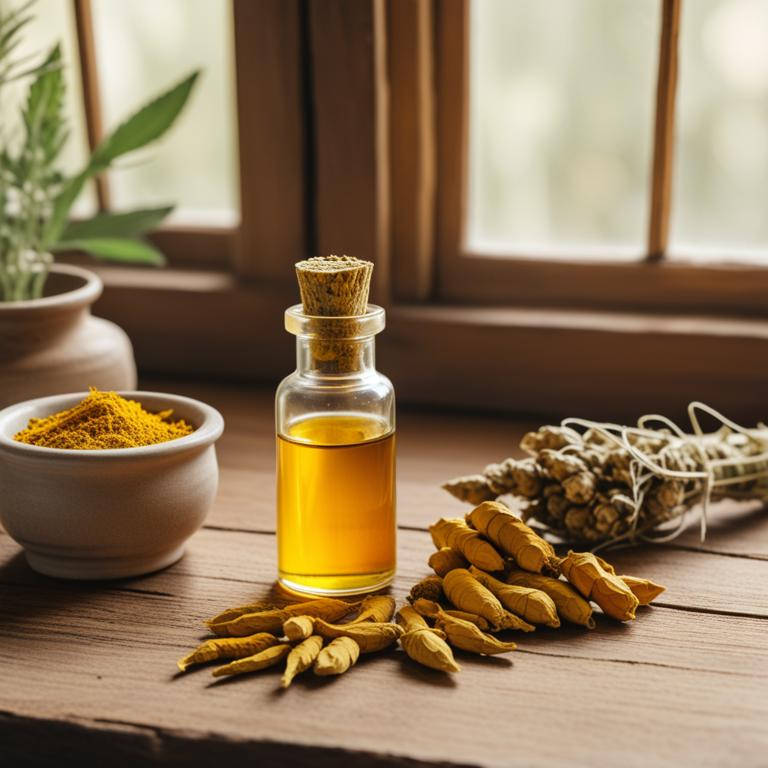
Herbal preparations are great for foot pain because they can provide relief from aching and soreness.
A decoction is a liquid preparation made by steeping herbs in hot water, which can be easily applied to the foot to relax muscles and reduce inflammation. The warm liquid can be soaked up with a cloth or applied directly to the affected area for quick relief. A salve is another popular herbal preparation, often made with oils and waxes to create a soothing balm. When applied to the foot, it can moisturize dry skin, reduce friction and prevent blisters. This makes it a great option for people who experience foot pain due to walking or running.
Tinctures are concentrated liquid extracts of herbs, which can be applied directly to the skin or taken orally. When it comes to foot pain, tinctures can help reduce swelling and ease aching by targeting the root cause of the pain. Capsules are a convenient way to take herbal preparations orally, making it easy to get the right dose of herbs to alleviate foot pain. The herbs inside the capsule can help reduce inflammation, relax muscles and promote healing. A poultice is a thick paste made from herbs, which can be applied directly to the affected area to draw out toxins and reduce pain.
The paste can be left on for a while to allow the herbs to work their magic and provide relief from foot pain.
Additional Resources:
What herbs should you avoid if you suffer from foot pain?
If you're experiencing foot pain, it's a good idea to be cautious with certain herbs that might make things worse.
Ginkgo biloba, for instance, can thin the blood, which could lead to more bleeding in your feet if you have open wounds or injuries. This might slow down the healing process.
Ephedra sinica is a stimulant that can increase heart rate and blood pressure, which can be problematic if you have poor circulation in your feet. Valeriana officinalis, on the other hand, can cause dizziness and lightheadedness, which might make you more prone to falls and further injuring your feet. Hydrastis canadensis, also known as goldenseal, contains a compound that can cause blood vessels to constrict, which could reduce blood flow to your feet and worsen pain.
Lastly, Glycyrrhiza glabra, or licorice root, contains a compound that can cause your body to retain water and sodium, leading to swelling in your feet, which can be painful and uncomfortable.
FAQ
Are there any specific herbs that can prevent foot pain?
Ginger has anti-inflammatory properties that can help reduce foot pain.
It's often used in topical creams and ointments to soothe sore muscles and joints. Turmeric, another herb, also has anti-inflammatory properties that may help alleviate foot pain.
These herbs work by reducing swelling and discomfort in the feet.
Is it safe to use herbal remedies for foot pain during pregnancy?
When using herbal remedies for foot pain during pregnancy, it's essential to be cautious.
Some herbs can cause problems for the baby or the mother. Certain herbs, like peppermint and ginger, are often used for pain relief, but in moderation.
However, it's best to check the ingredients and follow the recommended dose to avoid any potential risks.
Are there any herbs that can reduce the frequency of foot pain?
Ginger, turmeric, and cayenne pepper contain compounds that reduce inflammation, which can help ease foot pain.
Ginger has anti-inflammatory properties that target the root cause of pain, while turmeric's curcumin fights inflammation and promotes healing.
Cayenne pepper's capsaicin also reduces pain by blocking pain signals to the brain.
Related Articles
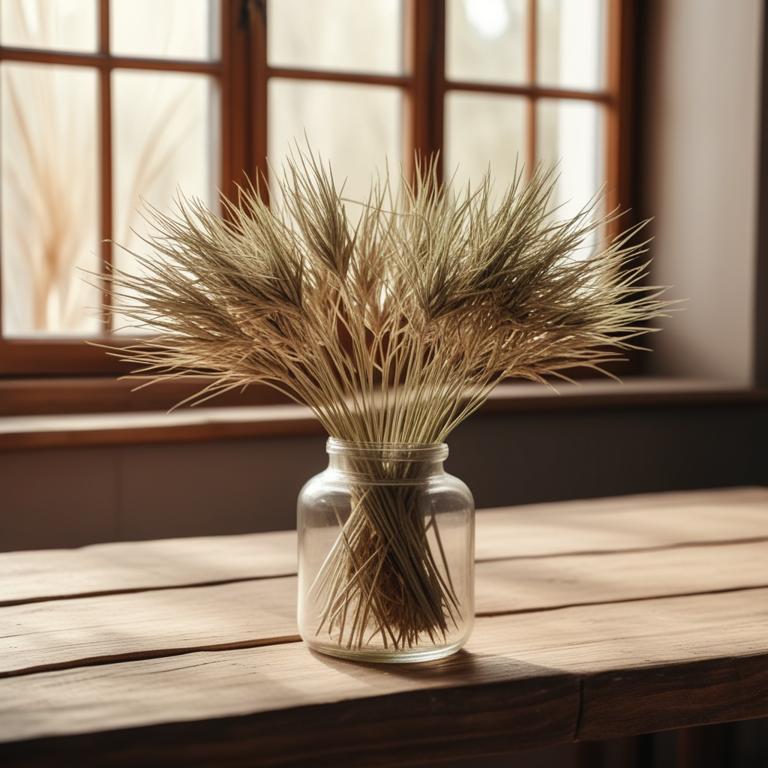
Foot Pain: Causes, Herbal Treatment Options, and Natural Preparations
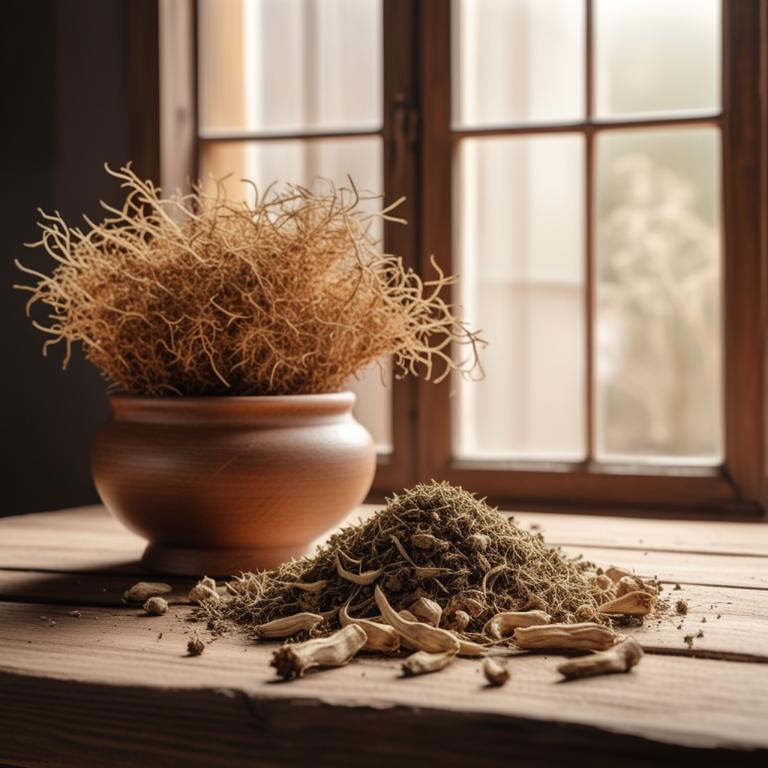
Frozen Shoulder: Causes, Symptoms, and Natural Remedies with Medicinal Herbs
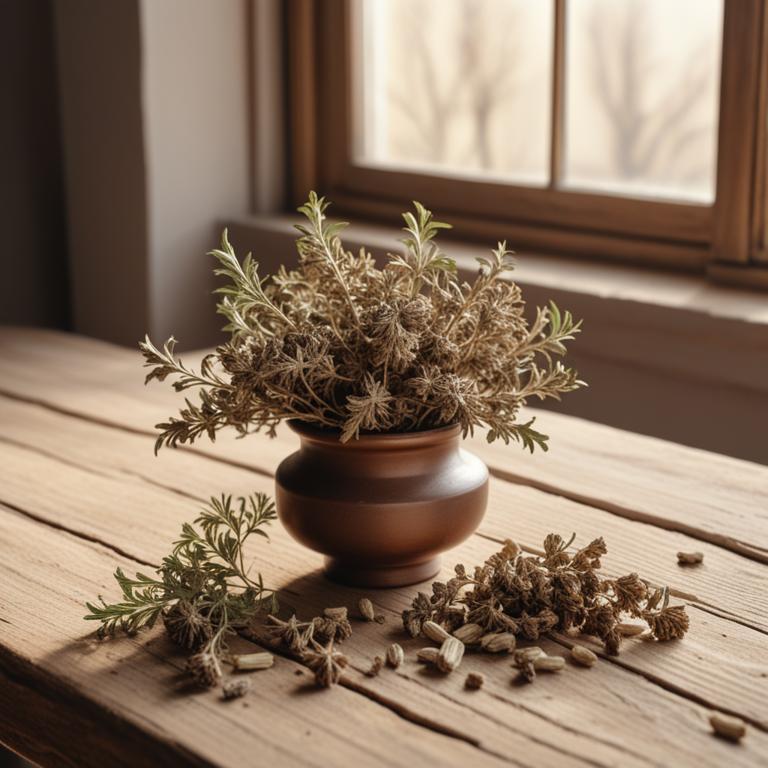
Difficulty Chewing: Understanding the Causes and Medicinal Herbs
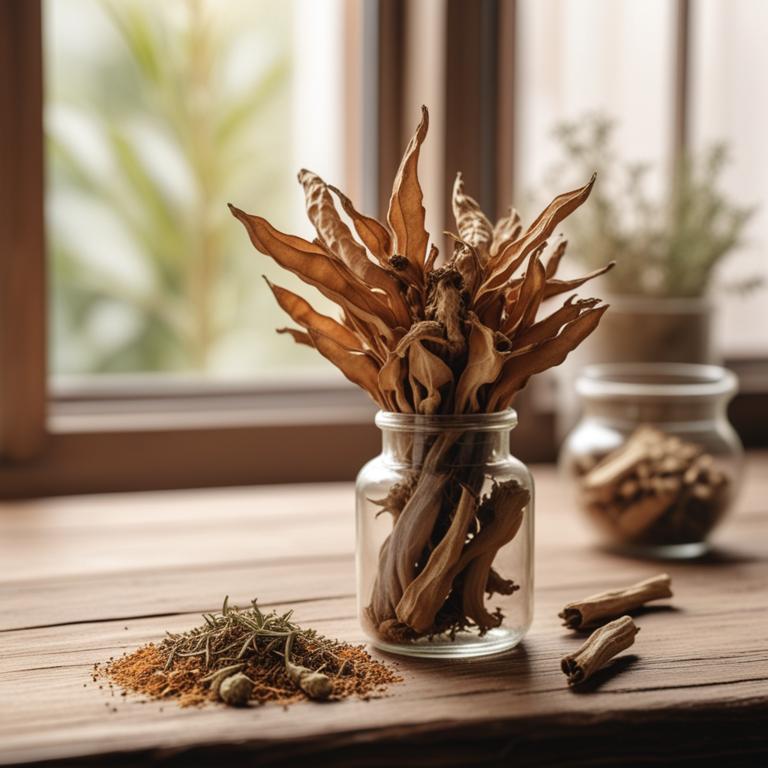
Understanding Lower Back Pain: Causes, Medicinal Herbs, and Herbal Preparations
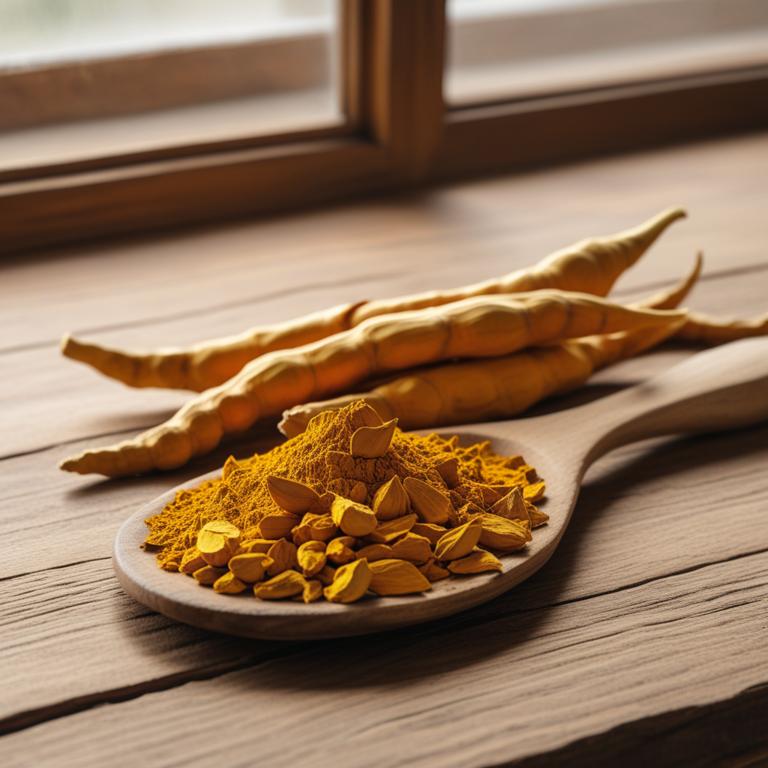
Bursitis: Causes, Natural Herbs, and Proven Preparations
